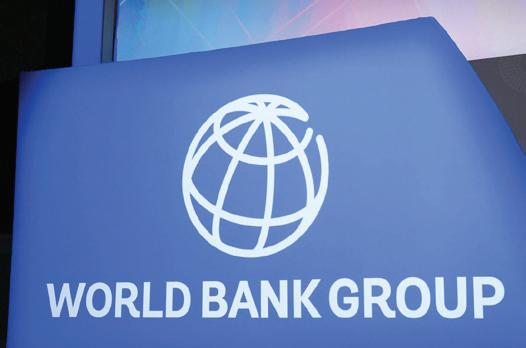4 FIDIC Contract Users’ Newsletter
Covid crisis and construction Covid-19 has hit the infrastructure sector hard. Here, FANNY DASTUGUE looks at how various countries across the world have handled the impact of the crisis on their construction industry. The Covid-19 pandemic has detrimentally affected the world economy, but surely one of the most affected sectors is the construction industry. Some countries have handled the sanitary crisis putting in place exceptional measures and developing pragmatic initiatives to avoid massive chain insolvency. Confronted to an unprecedented situation, governments’ reactions are diverse and evolving. Many countries have elaborated health and safety guidelines and protocols allowing the continuation of construction works but generating important additional costs and delays to projects in the process. To balance the negative impact of Covid-19 in Europe, in addition to general economic revival packages, many countries implemented measures in direct support of companies, for example anticipated payments, access to financing, price adjustment mechanisms, tax rebates or deferral. In Germany for instance, in addition to federal guidelines about how to deal with disruptions in
Issue 6 - August 2020
the construction process under contract law, Covid-19 pandemic is to be classified as force majeure in future construction measures, so that execution deadlines are automatically extended. Also, to maintain the necessary liquidity of the companies, prompt payment of partial and final invoices is required. In the Netherlands, a government framework for fast payments of construction companies has also been implemented. In France, the professional organisations lobbied the Ministries of Economy and Housing to benefit from the sliding effect of the state of health emergency and obtain legal protection over a period during which contractors’ liability cannot be engaged and delays penalties cannot be applied. For state public procurement, employers are encouraged to bear a part of extra-cost directly linked to the worksites interruptions and to sanitary requirements. Another measure is the neutralisation until 2023 of the decrease of turnover to appreciate the economic and financial capacity of a
company when tendering for public works. In Italy, public works contracting authorities are allowed to increase to 30% the amount of the advance payment, compatibly with the available resources. From Ankara, Cigdem Cinar, deputy secretary general at the Turkish Contractors Association, explains that the Turkish government introduced an ‘Economic Stability Shield’ allowing for example that principal and interest rate payments of companies having cashflow problems are postponed for three months at least, the Credit Guarantee Fund limit is increased and loan priority channelled to the companies in need of liquidity. Besides, companies that may default in April, May or June due to the measures taken against the spread of Covid-19 will have a force majeure note
on their credit record. The payment terms of the Turkish Eximbank loans and the commitment closure period for short-term loans have been extended. And, contractors, under certain conditions, can request for termination or extension of the projects in public tender contracts. In Latin America the situation has a reserved diagnosis, according to Sergio Torretti, president of the InterAmerican Federation of the Construction Industry. In the private sector, initiatives to renegotiate the construction contracts can be observed. However, this willingness appears mainly in largescale projects. In local or smaller projects, conflicts are beginning to be resolved via judicial or arbitral procedures, but not through contractual agreements implemented in good faith between the parties.






